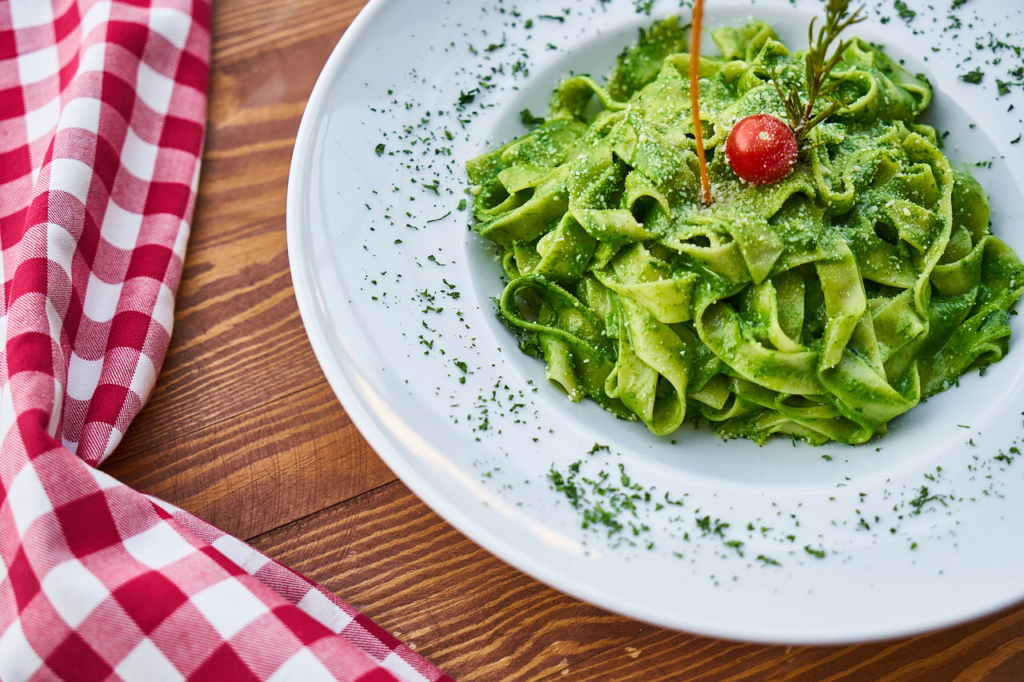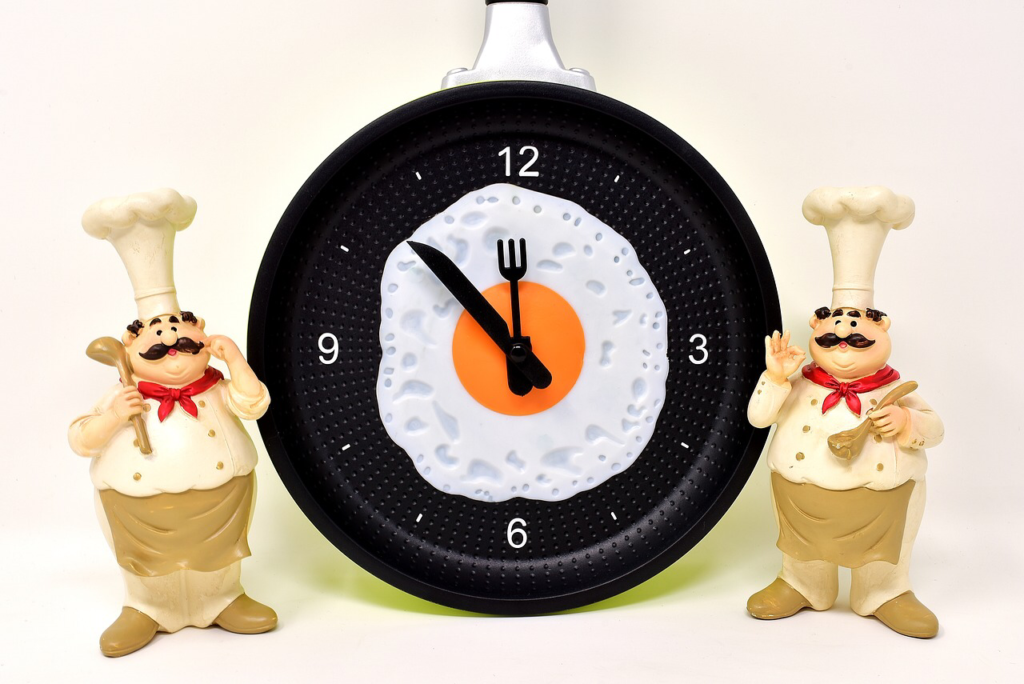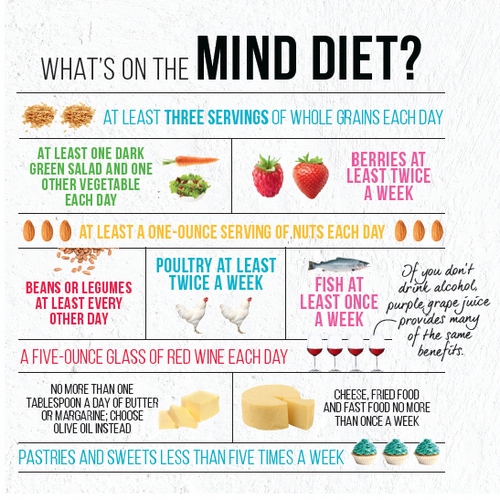People living with Dementia have a high rate of tooth decay and gum disease. This may be because they find it difficult to perform their normal daily activities and require some support to keep up with their oral hygiene. Others may not be able to express that they have a toothache and leave problems untreated. In last weeks’ blog, I wrote about the importance of food… It is important to choose food that requires chewing. Chewing is moving and moving is good for the brain. And that requires a healthy and well taken care of a set of teeth.

Healthy teeth
It’s important that people living with Dementia receive the help they need to keep their teeth and gums clean and free of debris.
Therefore, is it important for us to recognize dental problems? These problems can manifest themselves in different ways:
- The person with dementia is often with their fingers in their mouth
- The dentures are always taken out of the mouth
- Less, to almost nothing, is being eaten
- Aggression, confusion, tension, and unrest arise for no apparent reason
- Difficulty with talking
In case of you suspect dental problems, it is wise to schedule an appointment with the dentist for the person with Dementia. If the problem is then resolved, it is important to keep the teeth healthy.
- Help the person with Dementia brush the teeth at least 2x a day
- For dentures, clean the teeth
- Keep the dentures dry overnight in a sealed container
- Place the dentures once a week in a bowl of water with special tablets
- Offer regular water to rinse the mouth after every meal
When the teeth are healthy the next step is to look for food that is suitable for people with Dementia who have difficulty eating.

Food is refused
People with Dementia may refuse to eat for several reasons:
- Their teeth hurt
- Eating and drinking is forgotten due to the disease
- Cutlery is no longer recognized
- The person with Dementia has forgotten how to eat
- Less appetite due to age, less exercise, low combustion
- No recognition of hunger
- Medication that affects the appetite
- The person with Dementia no longer smells and/or tastes the food
Tips to encourage people with Dementia to eat
Prevent distraction:
Eat together at quiet moments without distraction from e.g. television, radio or activities related to the meal.
Cover the table in a simple way:
- Don’t put too many things on the table; a plate, a glass and cutlery to use are sufficient. Make sure that the tableware is recognizable
- Do not place white plates on a white tablecloth, but make sure there are contrasting colors
- Do not use rugs, placemats or crockery with patterns. That can make food less recognizable

Offer one type of food at a time:
If too many different foods on the plate cause confusion, then offer them one by one. Mixing is also possible, but make sure that it is not too finely chopped, forcing the person with Dementia to chew.
Be flexible in the menu:
It may be that the person with Dementia no longer wants to eat something that he or she previously enjoyed. Do not offer that anymore and try to find out what they prefer by offering different things (not all at the same time).
Take your time:
Give the person with Dementia plenty of time to eat. Reheat the food in the microwave if necessary or use a special plate on which the food stays warm.

Eat together:
Seeing food is wanting food. Eat together and take the time to eat.
Provide help with the cutlery:
If the person with dementia no longer recognizes the cutlery, put the fork or spoon in his or her hand and make the move to the mouth together. After a few times, the person with Dementia takes over the movements.
Finger food:
If eating with cutlery is no longer possible, then offer food that can be eaten with your fingers. Serve soft pieces of vegetables, potato, and meat. Finger food recipes can be found on the internet.

Put food within reach:
Put dishes filled with easy snacks within reach. E.g. trays or plates with pieces of cheese, sausage, fruit and the like. Choose food that is easy to grab with your hands.
Energy-rich food
Offer energy-rich food and do not opt for lean food too quickly. Only if the person with Dementia is suffering from being overweight it’s important to pay attention to the calories. Usually, people with Dementia tend to lose weight due to bad food, so it is important to stay within the margin of healthy eating:
- Use butter on dark bread and with meals
- Choose whole milk, yogurt, cottage cheese
- Tea and coffee with sugar (only if sugar is allowed)
- Offer energy-rich snacks
- Choose fatty fish, like salmon and tuna, are good sources of protein, fatty acids, and B vitamins
- Select fatty meats
- Pick bananas

It’s not only the food
If it’s really impossible to eat, let yourself be informed about the possibility of ready-to-drink food. These are small bottles with drinks that contain all the necessary proteins, vitamins and minerals.
Finally, don’t make food a problem, but be flexible and don’t stick to strict set times for eating. Offer the food at a later time if the person with Dementia doesn’t want to eat around dinner time.
As I experienced, these are best Nutritional Drink for the elderly:
- Almased Multi-Protein Powder
- Boost Glucose Control Nutritional Drink
- Glucerna SR, Vanilla Flavor
- Ensure, Abbott Laboratories
- Nestlé Carnation Instant Breakfast
- Pure Protein Frosty Chocolate
Next, to nutrition, exercise also plays an important role in Dementia. Regular and adapted exercise are always recommended, with activities that focus on muscle strength, endurance, but also balance and stretching. More about this in future blogs.

Food is good for the heart and vessels
Researchers at the American Rush University Medical Center found leads to fight Dementia via the board. They have developed the so-called MIND diet, which is inspired by the well-known Mediterranean diet and the DASH diet (Dietary Approaches to Stop Hypertension), which is used for high blood pressure.
Food specialists believe that food that is good for our heart and vessels is also beneficial for the circulation and functioning of our brain.
I will elaborate on this MIND diet in next week’s blog, MIND, DASH, Mediterranean and Dementia.

When you need more information or tips don’t hesitate to contact us:
